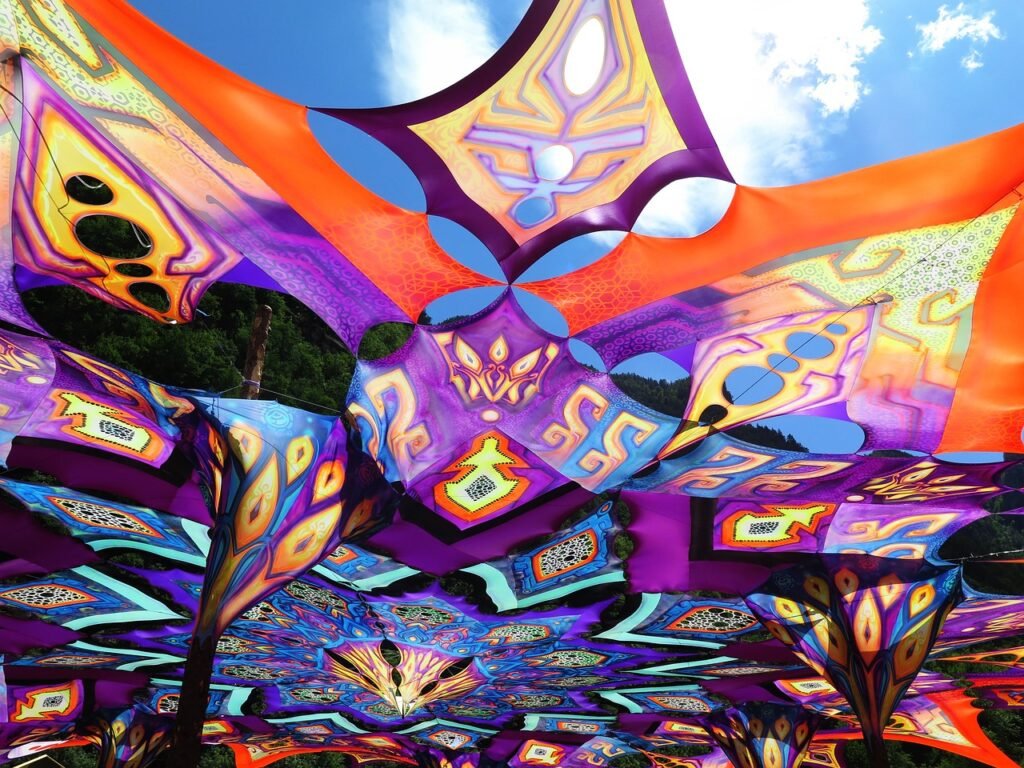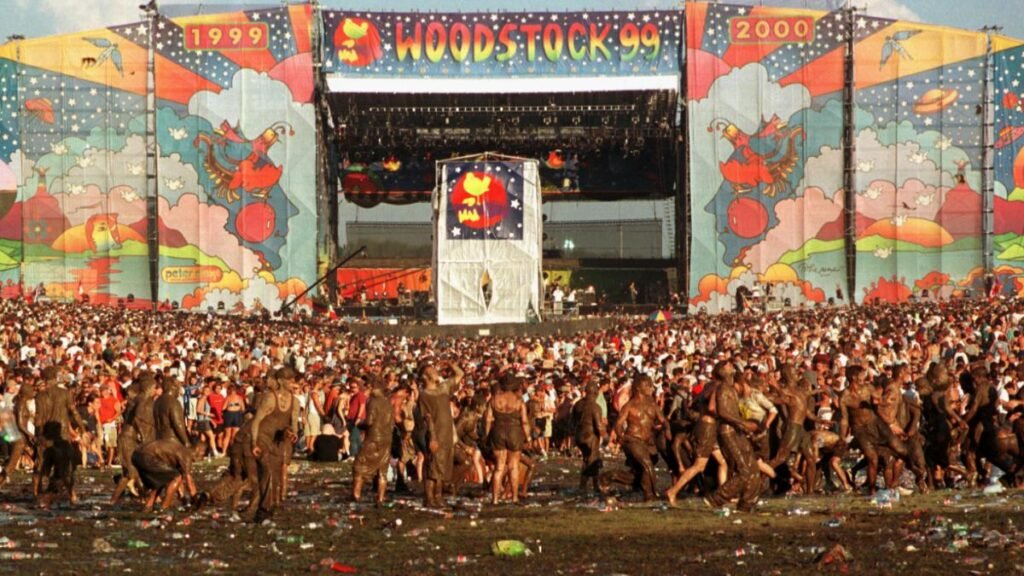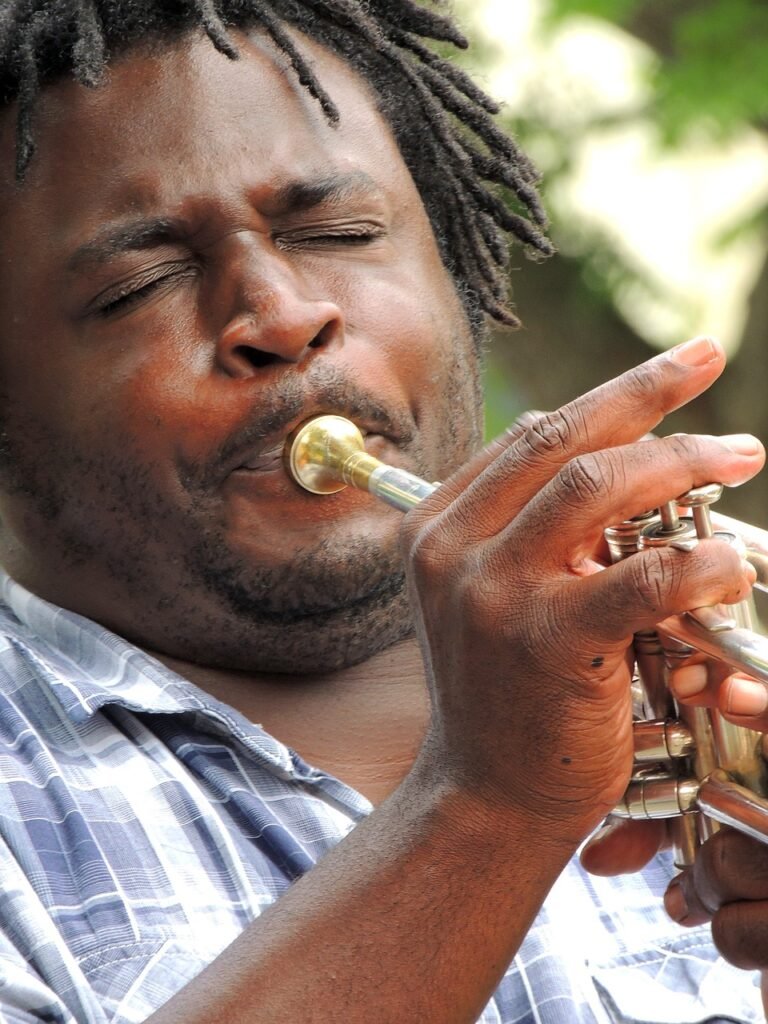Glastonbury Festival, held annually in Somerset, England, is one of the world’s most iconic and enduring music festivals. With its rich history, eclectic lineup, and sprawling site, Glastonbury has become synonymous with British music culture and countercultural movements since its inception in 1970.
The origins of Glastonbury can be traced back to the vision of its founder, Michael Eavis, a dairy farmer and music enthusiast who sought to create a music festival inspired by the ethos of the hippie movement and the free festivals of the late 1960s. The inaugural Glastonbury Festival, then known as the Pilton Pop, Blues & Folk Festival, took place on Eavis’ farm in September 1970 and featured performances by acts such as T. Rex, Al Stewart, and Fairport Convention.
Despite facing financial difficulties and logistical challenges in its early years, Glastonbury gradually gained momentum and acclaim, attracting larger audiences and more diverse performers with each passing year. In 1981, the festival adopted its current name, Glastonbury Festival of Contemporary Performing Arts, reflecting its broadening scope and evolving identity as a showcase for music, arts, culture, and activism.
Throughout the 1980s and 1990s, Glastonbury solidified its reputation as a cultural landmark and a rite of passage for music lovers, artists, and activists from around the world. The festival embraced a diverse range of genres and styles, featuring performances by rock bands, pop stars, folk singers, electronic artists, and world musicians, as well as theater troupes, circus acts, and visual artists.
Glastonbury also became known for its commitment to social and environmental causes, with initiatives such as Greenpeace Field, Healing Fields, and Left Field providing platforms for activism, education, and community engagement. The festival’s ethos of sustainability, inclusivity, and social justice has inspired countless other events and organizations to follow suit, making Glastonbury a trailblazer in the global festival landscape.
Today, Glastonbury Festival continues to attract hundreds of thousands of attendees each year, with tickets selling out within minutes of going on sale. Despite occasional setbacks, such as the cancellation of the 2020 festival due to the COVID-19 pandemic, Glastonbury remains a cultural institution and a symbol of resilience, creativity, and collective spirit.



